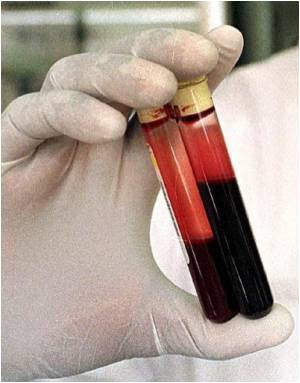Scientists at the Georgetown Lombardi Comprehensive Cancer Center say that an arsenic-based agent already FDA-approved for a type of leukemia may be helpful in Ewing's Sarcoma (ES).

The investigators described how years of research has uncovered a common pathway in these tumors, known as hedgehog/GLI1.
They further detailed how they used an existing drug, arsenic trioxide (Trisenox), to shut down that pathway in mice models of ES and medulloblastoma.
This pathway is also common in other cancers, such as colon, pancreatic, and basal cell skin cancer, among others, said lead author Aykut Uren.
"The significance of our finding is that this FDA approved agent can be tested immediately in other cancer types. It is a perfect translational research project," he said.
"This laboratory research has immediate clinical implications," he added.
Advertisement
Hedgehog controls cell division in embryonic development, but when it is turned on, and out of control in adult cells, cancer results. Because of that, there are a number of clinical trials underway testing new compounds that inhibit this pathway at the surface membrane of cancer cells, he added.
Advertisement
"Many of the current clinical trials involve agents that act at the membrane. Ewing sarcoma and colon cancer will not benefit from that approach. Furthermore, medulloblastoma patients treated with hedgehog inhibitors are developing resistance at the membrane level. Therefore, clinical trials can evaluate alternative therapies for patients whose treatment fails with current hedgehog inhibitors," he said.
Arsenic trioxide has been approved for use of acute promyelocyctic leukemia (APL) as a second-line therapy for patients who do not respond to standard therapy.
Arsenic trioxide is generated from processing arsenic compounds, and while a high level of arsenic is known to be carcinogenic, low doses can be therapeutic in selected patients, said Uren.
"Like any chemotherapy, high doses of arsenic can be toxic, while lower doses can treat cancer,"he said.
In 2009, Uren and his team showed that the hedgehog/GLI1 pathway is activated in ES. They are now the first to inhibit this pathway by arsenic trioxide in ES, and among the first to show its activity in medulloblastoma.
The findings appear in the current issue of the Journal of Clinical Investigation.
Source-ANI













